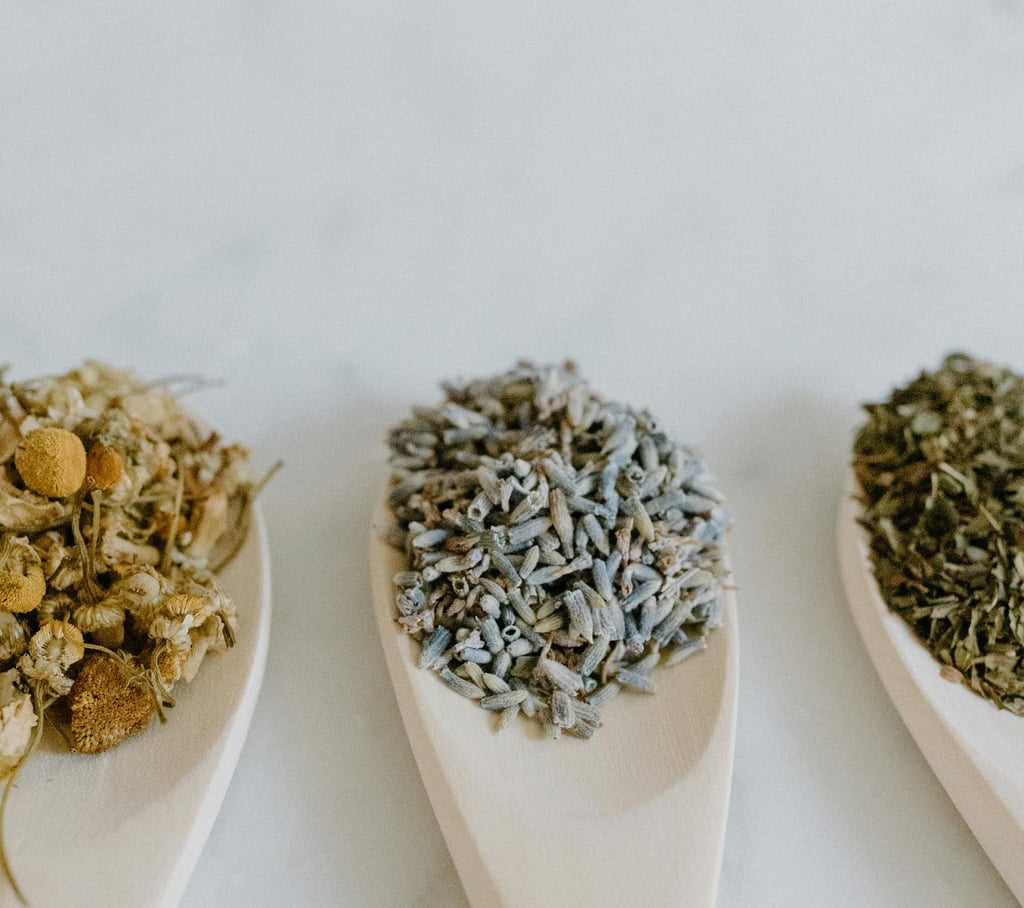Herbal Supplements and CKD
KIDNEY DISEASE
Beverly Carey
10/16/20252 min read


Some herbal medications may be nephrotoxic, such as aristolochic acids. They may have other compounds that are not great for the kidneys. A lot of Chinese herbal medications can have many different complex active ingredients. The kind of damages ranges; they may be associated with kidney stones, chronic kidney disease (CKD), acute kidney injury (AKI), Fanconi syndrome, and cancer of the urethra.
It can be difficult to know whether many herbal supplements are safe or not. Herbal companies aren't all great, and they can be heavily focused on money making. For example, they can add random ingredients to their formula (to bring down supply cost), have little to none of the active ingredient, or the herb is not picked and preserved properly. Herbs can absorb heavy metals from their surroundings, for example, some herbs grown in India and China are grown with very polluted water and soil. Studies have found these toxic chemicals in the plant leaves.
There is not much research into herbal products in general. Which makes the situation a bit tougher. The amount of cases of kidney injury from herbs has not been researched thoroughly. Therefore, the extent of the danger is unknown.
The worst Chinese herb is probably Aristolochia. These compounds are not only toxic to the kidneys, but can also be cancer causing. This herb is not regarded as safe for consumption. Look for the scientific name to be sure. The scientific name should be located somewhere on the packaging. Aristolochia can be commonly found in Chinese slimming remedies. Chinese herbal licorice (used to treat coughs) and rhubarb containing slimming medication are also toxic to the kidneys. The extent that these are toxic to the kidneys may depend on dose. However, it is definitely safer to stay away.
National Kidney Foundation has a list of unsafe herbs here. Please note that this list isn't complete as research on the topic is limited.
Moral of the story: don't trust everything that is natural. If you believe herbs will help you, make sure you do your research on that individual herb and the integrity of the company and supplier.
Nutrition
Empowering you with straight-forward nutrition guidance.
Support
Health
help@therealdietitian.net
© 2025. All rights reserved.
AI may be used in some writing for sentence structure and paragraph organization. However, all ideas are based on my own clinical judgement and evidence-bases such as scientific studies and professional guidelines.